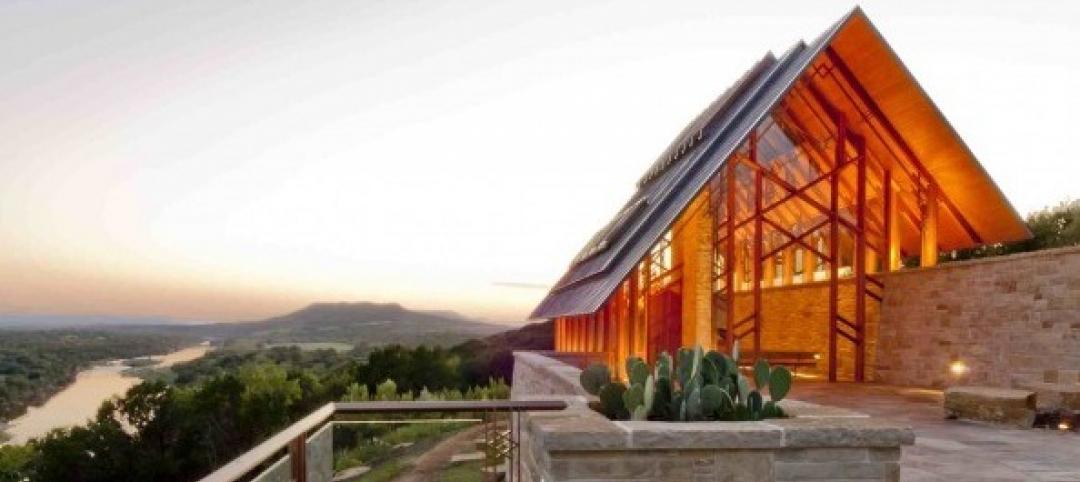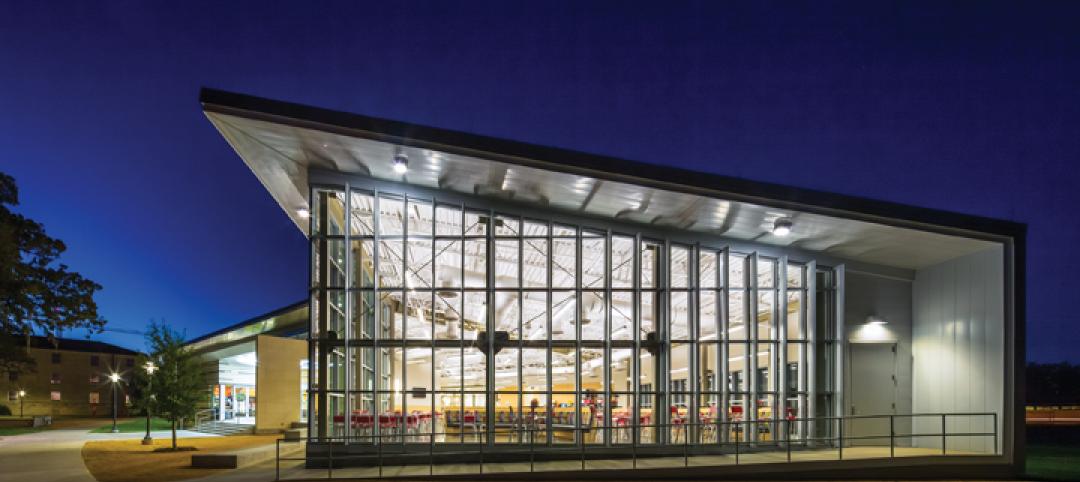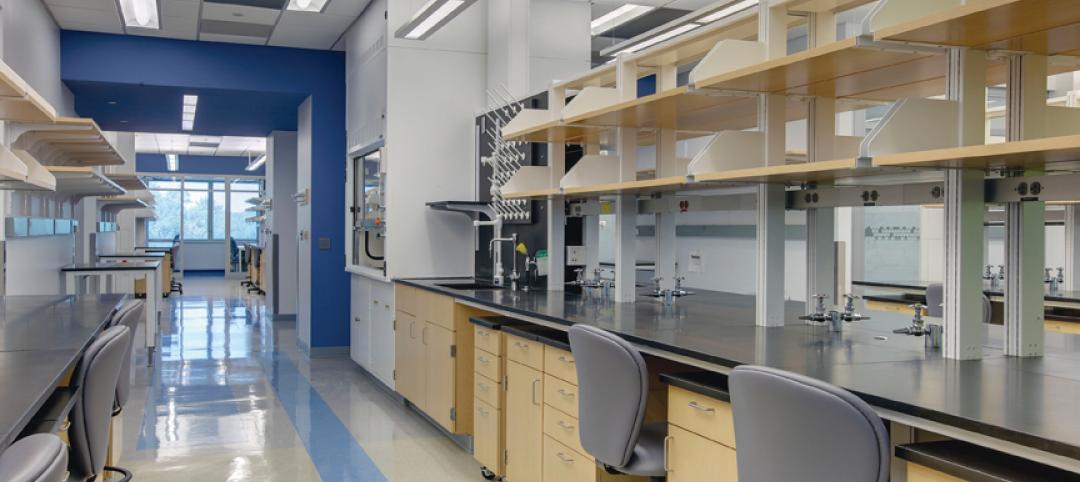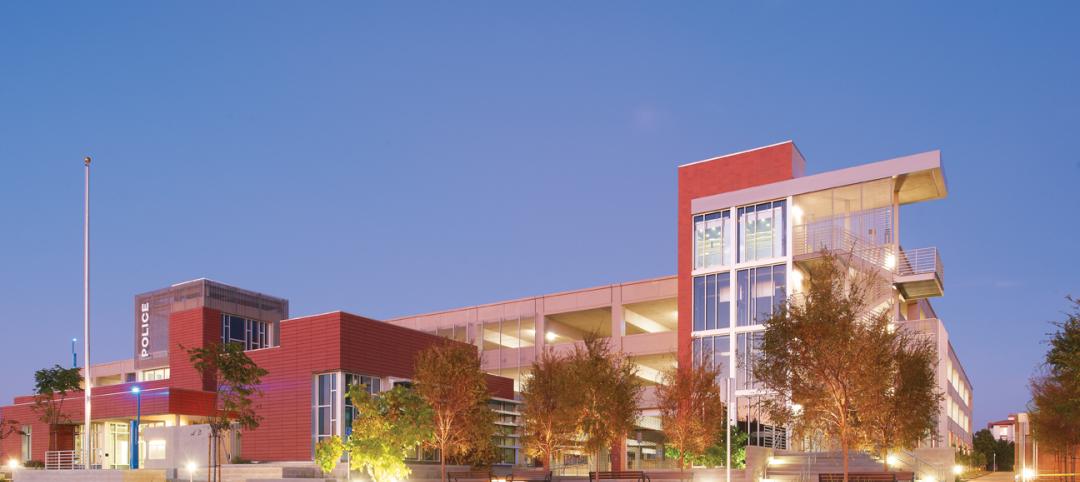The Society for College and University Planning (SCUP) and the University of Pennsylvania School of Nursing announced survey results from 114 US colleges and universities that help document the levels, quality, and availability of lactation spaces and supports across campus for breastfeeding faculty, staff, students, and campus visitors.
The survey was a collaboration between the University of Pennsylvania School of Nursing and SCUP. “To our knowledge, this is the first research that documents which stakeholders are involved in the planning of lactation spaces, and the amount of variation in the features these spaces have,” said Dare Henry-Moss, one of the research leads. “We hope it will help colleges and universities evaluate the accommodations they provide to breastfeeding mothers, including faculty, staff, students, and visitors.”
Study observations include:
— 90% of respondents reported that their institution had dedicated lactation spaces, but the study suggests that awareness of their locations should be improved.
— 68% of respondents reported a process or guideline for creating lactation spaces on campus with wide variation in approaches.
— collaborations are common; there are commonly between two and six different campus entities involved in the planning for lactation spaces.
The study also provides detail on the most frequent amenities designed into lactation spaces, including furniture, fixtures, and portable supports.“Through the excellent work of our research cohorts, this study will help higher education move toward a best planning practice for lactation spaces,” said Michael D. Moss, SCUP President.The research team was Dare Henry-Moss, MPH; Joyce Lee, FAIA, LEED Fellow; Diane L. Spatz, Ph.D., RN-BC, FAAN, and Principal Investigator; and SCUP.
For survey results: www.scup.org/wellness
Related Stories
| Feb 5, 2013
8 eye-popping wood building projects
From 100-foot roof spans to novel reclaimed wood installations, the winners of the 2013 National Wood Design Awards push the envelope in wood design.
| Jan 29, 2013
Trinitas and Harrison Street Break Ground Near University of Kentucky
The 699-bed Collegiate on Angliana, with an anticipated opening date of August 2013, will serve students attending the University of Kentucky (UK).
| Jan 18, 2013
BLT Architects Selected to Complete New Project for Drexel University
The Dornsife Center for Neighborhood Partnerships is expected to open in 2014
| Jan 2, 2013
Trends Report: New facilities enhance the quality of campus life
Colleges and universities are building state-of-the-art student unions, dining halls, and other non-academic buildings to enrich the campus experience, boost enrollment, and stay competitive.
| Dec 9, 2012
AIA: Laboratory design, building for breakthrough science
To earn 1.0 AIA/CES learning units, study the article carefully and take the exam.
| Dec 6, 2012
Cornell University students finding solace on indoor library lawns
Potted plants and comfortable chairs are placed around the grass, encouraging students to lounge there during one of the most stressful times of the academic year.
| Nov 20, 2012
PC Construction completes Juniper Hall at Champlain College
Juniper Hall is on track for LEED Gold certification from the U.S. Green Building Council.
| Nov 13, 2012
Have colleges + universities gone too far with "Quality of Life" buildings?
We'd like your input - recent projects, photo/s, renderings, and expert insight - on an important article we're working on for our Jan 2013 issue
| Nov 11, 2012
Greenbuild 2012 Report: Higher Education
More and more colleges and universities see sustainainably designed buildings as a given














